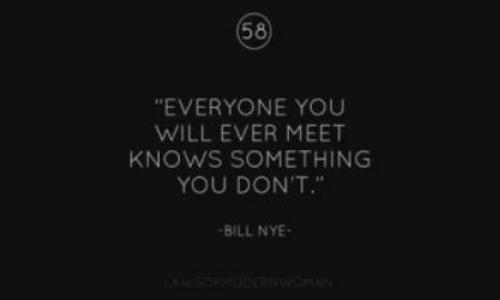
Yes, you read the right, I did seven Co-op terms while completing my Communication degree. I’m a firm believer of trying as much as I can during my undergrad, and I did exactly that. Starting off with working at a non-profit in events and social media, I then transitioned to a university in Kenya doing content development and research, a corporate position in Calgary, multiple roles at a digital marketing agency, working at a bank, and now closing my Co-op journey in the public sector. Being extremely fortunate to be able to try many Co-op positions, I’d like to share what I’ve learned from 28 months of working in communications.
As you probably know, communications is an extremely broad field. From event management, internal communication to social media management and digital marketing, the list goes on and on. With each specialization being so different, I recommend working in different fields of communications to see which one you like best. Before starting Co-op, I thought working in social media would be my dream job position. After working in a social media, it turned out it wasn’t the right fit for me at all. In fact, it took several positions to figure out where my passion was . After many terms, I found out that I like working in corporate communications, especially internal communications catered to employees.
Figure out what size of organization you like working in. I started out at a smaller company and I’m very glad I did. Smaller companies tend to be more hands on and have less approval levels, and you may have a variety of roles. If you like doing a variety of different tasks and a tight knit community, smaller organizations may be for you. I learned all the fundaments of working in communications there and I later brought that knowledge to other experiences. Corporate environments often have less flexibility in the ways things are done, and, in my experience, it can mean that there’s not much variety in the role. There may also be times where you aren’t getting tasks to do, but that’s when finding your own projects or passion projects come in. Some of my initiatives ended up being one of my bigger projects! Corporate environments also mean more co-workers, more chances to network, and generally more resources to upgrade your skills.
My favourite conversations with managers have had nothing to do with work at the company. Instead, I’ve asked them about their career paths and advice working in that industry. The work done at the company is important, but career advice will last a lifetime. If you’re an introvert like me and cold emailing strangers is daunting, ask your manager if they can do an introduction, or join student networks and coffee chat opportunities when available.One of my manager’s left me with a valuable piece of advice that I constantly remind myself of: Be confident when applying to new opportunities. Don’t back down if you don’t meet the all the criteria, they are only there as a guideline. Rejection is the worst thing that can happen if you don’t get the job, but you never know until you try.
I’ve learned that no one’s Co-op journey looks the same, and that’s ok! Overall, try and have fun in whatever role you’re. If you don’t like what you’re doing, that’s ok, move on to the next position that piques your interest. Do what makes you happy, whether that’s one Co-op, or seven!
















